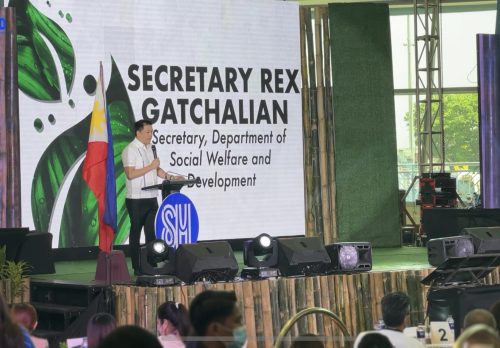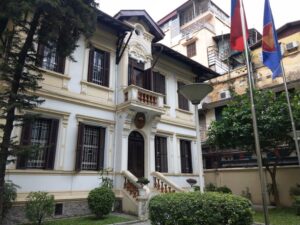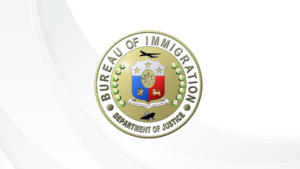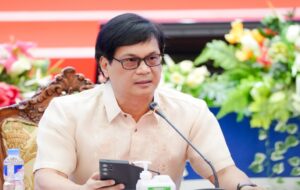The Sustainable Livelihood Program (SLP) is a capability-building training that aims to build the livelihood capabilities of poor, vulnerable, and marginalized households and communities. This program aims to improve participants’ socio-economic conditions by helping them access and acquire the necessary resources to engage in and maintain sustainable, thriving, and resilient livelihoods.
In May 2023, DSWD launched the new and improved SLP to ensure its livelihood interventions are innovative and responsive to the participant’s needs. Dubbed as “Sibol: the New SLP,” this represents the step-by-step growth in the journey of SLP participants for improved well-being, with access to livelihood assets and resources.
“Like a plant, we will grow with you. We make sure that after we have planted the seed, we nurture it, water it, watch it grow, and watch it turn into something bigger than it was,” DSWD Secretary Rex Gatchalian said. The enhanced program aims to hasten implementation, rationalize cost parameters, and provide new training or capacity-building activities.
Under the new framework, program participants will need a longer incubation period of five years. During the first year (Punla), SLP participants will learn basic knowledge, skills, and capital to start their micro-enterprise or get employed.
The next two years (Usbong and Sibol) will be focused on maintaining their livelihoods, making them operational, and securing positive gross sales and net income. In year four (Yabong), program participants are expected to prosper and bring their products to a
broader and multi-faceted market.
The final or culminating phase (Ani) of the sustainability plan is the participants’ graduation. During this phase, they will receive a livelihood grant and incentive worth Php250,000 per association. Sibol is expected to be completed in 2028.
Words of appreciation from SLP beneficiaries
The PIA regional offices’ correspondents interviewed some of the beneficiaries, who expressed their gratitude to President Ferdinand ‘Bongbong’ Marcos Jr. “Nagpapasalamat gayud mi kay Presidente Ferdinand Marcos, Jr. kay sa mga lugi nga amoang na experience atong niagi nga time, nasuklian sa iyahang hinabang karun (We
are thankful to President Ferdinand Marcos Jr.; the losses that we had recently experienced were alleviated with this help),” said Fely Sabado Duhilag, one of the beneficiaries from Pagadian City, Zamboanga del Sur.
“I’m so happy na nakadawat ko og subsidy from DSWD sa atong presidente nga si Bongbong Marcos nga grabe aksyon niya pagkahibalo nga taas na kaayo ang presyo sa bugas.Pasalamat gyud ko ug dako nga kani makatabang ni sa amoang pagka alkansi (I’m so happy that I received a subsidy from DSWD and from our President,
Bongbong Marcos. His swift action upon learning of the skyrocketing rice prices is greatly appreciated. I am thankful because this will help us in mitigating our losses),” said Leonila Zorilla, rice retailer from Iligan City, Lanao del Norte.
“Bisan perdi ako to sang una at least may balik naman halin sa gobyerno, so nagpasalamat gid ako sa gobyerno kay gintalupangod naman amon losses kay daw ginbayaran man gali kami kag natalupangdan man ang amon nga problema. Okay man si President Marcos Jr. kay siling ya sang una tag Php20 na lang ang kilo sang bugas, so gina-amat-amat ya na-fulfill (Here is the government helping us recover from our loss.
So we thank the government for the attention and solution given to our problem. It is like our losses were paid for by the government. President Marcos Jr. said before that rice will be at Php20/kg, so this is an initial fulfillment of that promise),” said Delia Tribunsay, a 72-year-old rice retailer from Tigbauan, Iloilo.
“Wala mi magdahom nga naa diay plano ang gobyerno para sa amo nga mga retailers, nagpapasalamat gayud mi kay dili gayud diay mi mapasagdan nga mawala sa programa sa gobyerno ang mga retailers (We did not expect that the government has plans for us, retailers.We are thankful because the government never leaves us out of its programs,” said Ramon Caluma from Dumingag, Zamboanga del Sur.




